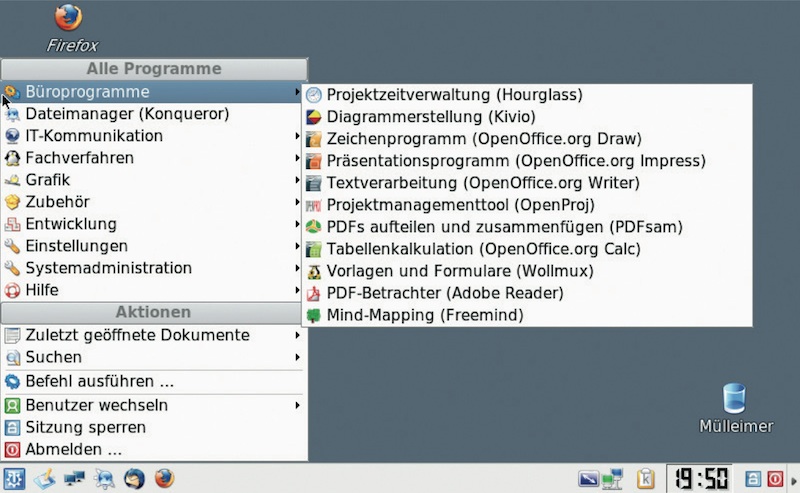
A Munich city council spokesman has attempted to clarify the reasons behind its plan to re-examine the role of open-source software in local government IT systems.
The response comes after numerous German media outlets revealed that the city’s incoming mayor has asked for a report into the use of LiMux, the open-source Linux distribution used by more than 80% of municipalities.
Reports quoted an unnamed city official, who claimed employees were ‘suffering’ from having to use open-source software. Others called it an ‘expensive failure’, with the deputy mayor, Josef Schmid, saying the move was ‘driven by ideology’, not financial prudence.
With Munich often viewed as the poster child for large Linux migrations, news of the potential renege quickly went viral. Now council spokesman Stefan Hauf has attempted to bring clarity to the situation.
‘Plans for the future’
Hauf confirms that the city’s new mayor has requested a review of the city’s IT systems, including its choice of operating systems. But the report is not, as implied in earlier reports, solely tasked with deciding whether to return to using Microsoft Windows.
“It’s about the organisation, the costs, performance and the usability and satisfaction of the users,” Techrepublic quote him as saying.
“[It’s about gathering the] facts so we can decide and make a proposal for the city council how to proceed in future.”
Hauf also confirms that council staff have, and do, complain about LiMux, but that the majority of issues stem from compatibility issues in OpenOffice, something a potential switch to LibreOffice could solve.
So is Munich about to switch back to Windows? As we said in our original coverage: it’s just too early to say, but it’s not being ruled out.
No final date for the report’s recommendations is yet set, and any binding decision on Munich’s IT infrastructure will need to be made by its elected members, the majority of whom are said to ‘support’ the LiMux initiative.
